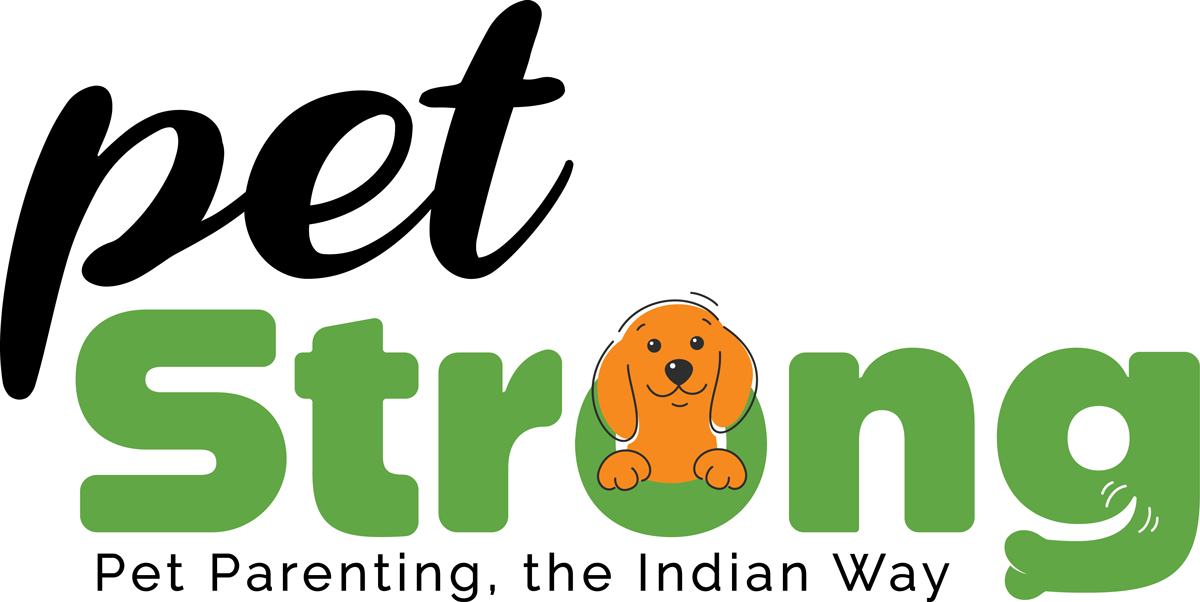Indian Pariah Dog - Independent, Loyal, Resilient
- Social (8/10) : Friendly and loyal to their families, but can be reserved with strangers.
- Intelligence (9/10) : Highly intelligent and adaptable, Indian Pariah Dogs learn quickly and are known for their problem-solving abilities.
- Protection (7/10): Naturally alert, they make excellent watchdogs, but are not overly aggressive unless provoked.
- Height - Males and Females: 18 to 25 inches
- Weight - Males and Females: 15 to 30 kg
- Life Expectancy - 10 to 15 years
About Indian Pariah Dog
The Indian Pariah Dog, also known as the "Desi Dog" or "Indie," is one of the oldest and most resilient dog breeds in the world, native to the Indian subcontinent. These dogs are highly adaptable, intelligent, and known for their robust health. Unlike many modern breeds, they have evolved naturally, making them less prone to genetic disorders. With their short coats, pointed ears, and strong, lean bodies, they are built for the tough Indian climate. Indian Pariah Dogs are independent by nature but incredibly loyal to their families. They are quick learners and thrive with minimal care, making them perfect companions for those who appreciate a low-maintenance, yet intelligent and affectionate dog.
Indian Pariah Dog Diet
Indian Pariah Dogs are hardy animals with simple dietary needs, but a balanced diet is essential to keep them healthy. High-quality, protein-rich dog food is ideal for supporting their active lifestyle. Since they have evolved to survive on natural diets, they can easily digest whole foods like rice, lentils, vegetables, and lean meats. Avoid overfeeding and stick to portion control, as excess weight can lead to health issues. Steer clear of processed human food, especially items like chocolate, onions, and grapes, which can be toxic. A diet rich in protein and fiber will help them maintain a lean physique and strong muscles.
Check Your Dog Health Status: Dog Nutrition Calculator
Indian Pariah Dog Diseases to Look Out For
Skin Infections
Dietary Interventions
Indian Pariah Dogs may develop skin infections due to environmental factors. A diet rich in omega-3 fatty acids, such as fish oil or flaxseed, can help maintain skin and coat health, reducing the risk of infections and irritation.
Hip Dysplasia
Dietary Interventions
While not very common in this breed, some Indian Pariah Dogs may develop hip dysplasia as they age. Maintaining a healthy weight through a controlled diet is key. Consider adding glucosamine and chondroitin supplements to support joint health.
Parasite-related Diseases
Dietary Interventions
Due to their exposure to the outdoors, Indian Pariah Dogs may be susceptible to parasitic infections. Regular deworming and a diet rich in antioxidants and immune-boosting vitamins, such as vitamin C and E, can help prevent and manage these infections.
Know more about how to choose the best food for your dog
Indian Pariah Dog Wellness
Grooming Tips
- Indian Pariah Dogs have short coats that are easy to maintain. Brushing them once a week helps remove loose fur and keep their coat shiny.
- Regularly check their skin for ticks and fleas, especially if they spend a lot of time outdoors.
- Bathe them only when necessary, as over-bathing can strip their coat of natural oils.
- Trim their nails regularly and clean their ears to prevent infections.
Supplements and Wellness
- Fish oil: Rich in omega-3 fatty acids, fish oil can help improve coat health and reduce inflammation, especially for dogs prone to skin issues.
- Glucosamine and chondroitin: These supplements can be beneficial for older Indian Pariah Dogs to support joint health and mobility.
- Probiotics: Supporting digestive health is essential, especially if the dog is exposed to a varied diet or outdoor environments. Probiotics can help regulate their gut health.
- Exercise: Indian Pariah Dogs are naturally active and thrive on regular exercise. Daily walks and playtime will keep them physically and mentally stimulated, preventing boredom and behavioral issues.
- Veterinary care: Regular vet checkups are important to monitor their health and ensure they stay free of parasites and infections. Discuss preventive care, such as flea, tick, and worm treatments, to protect your dog from outdoor risks.
Explore Probiotic & Prebiotic Supplement:








